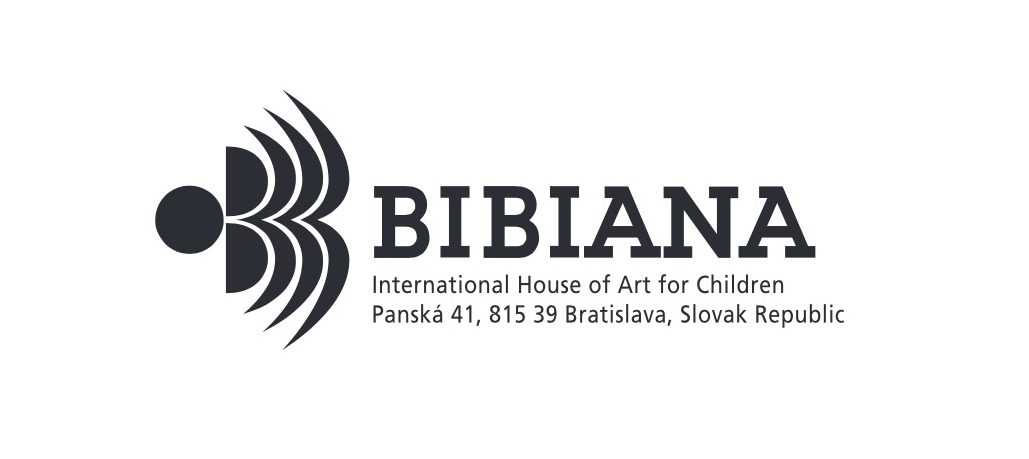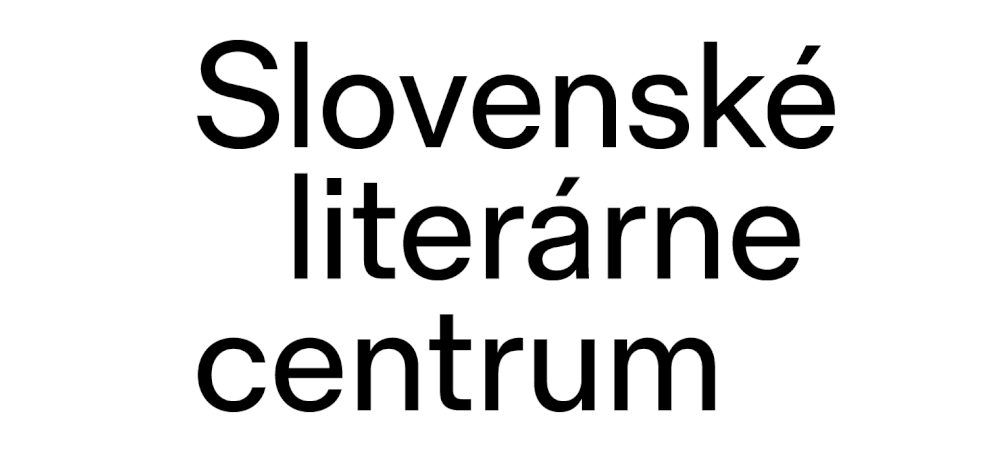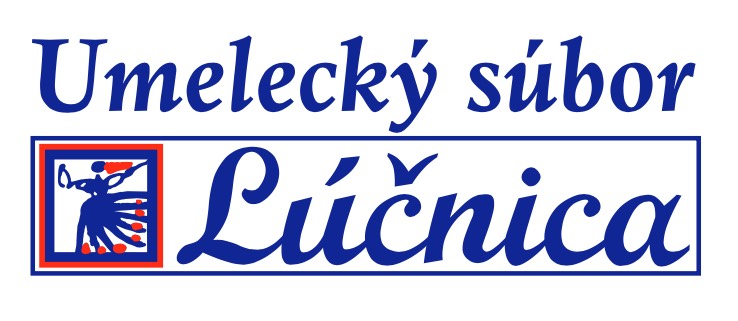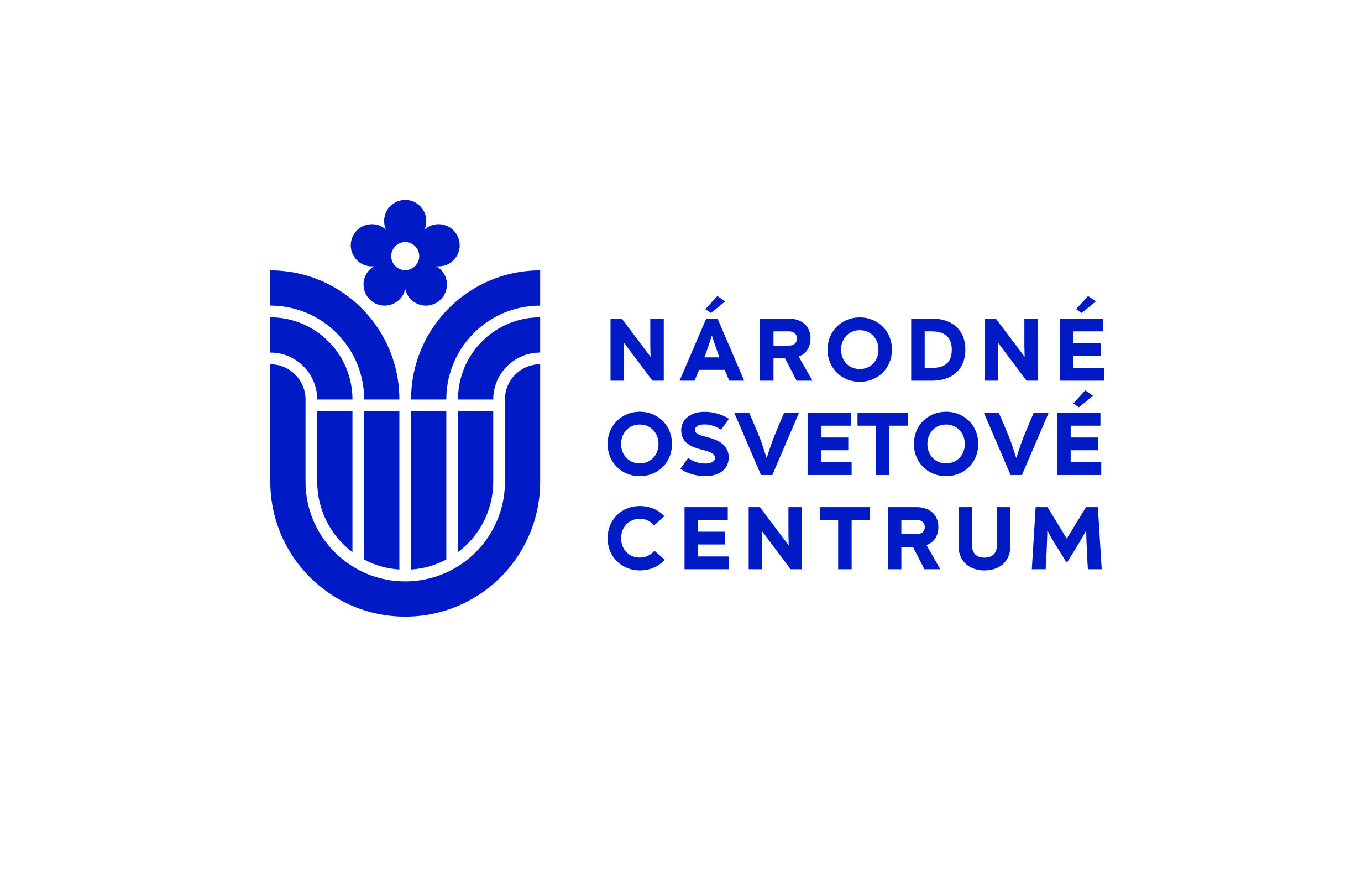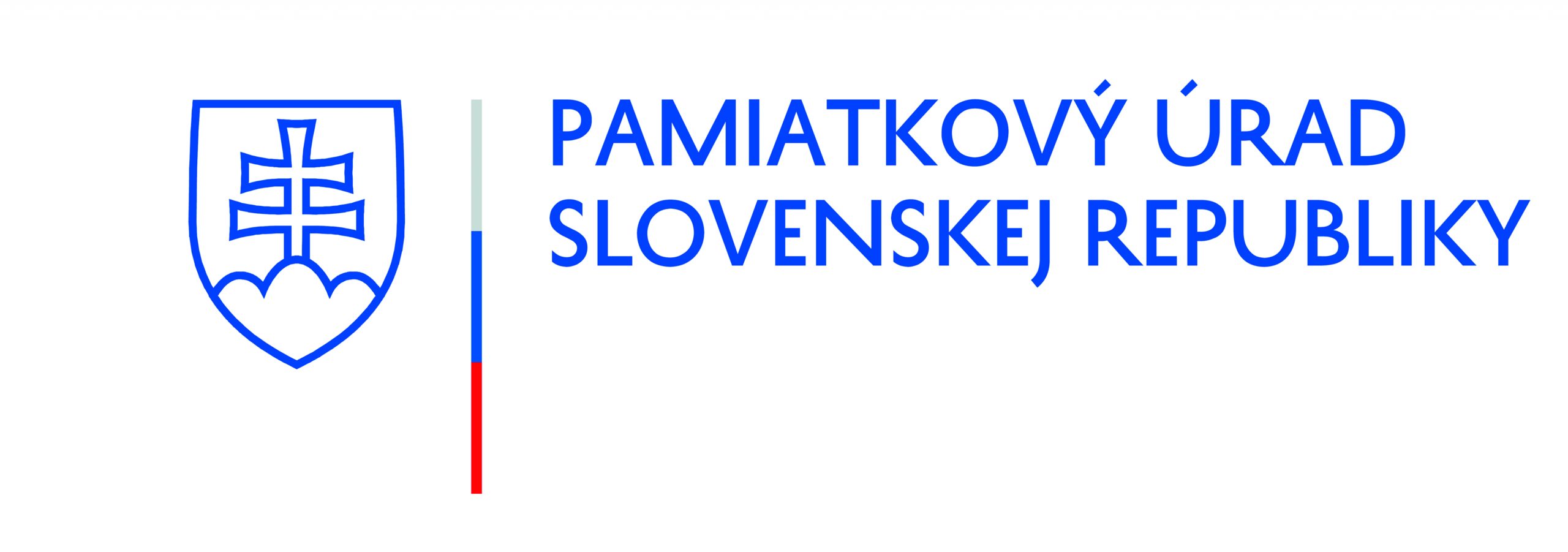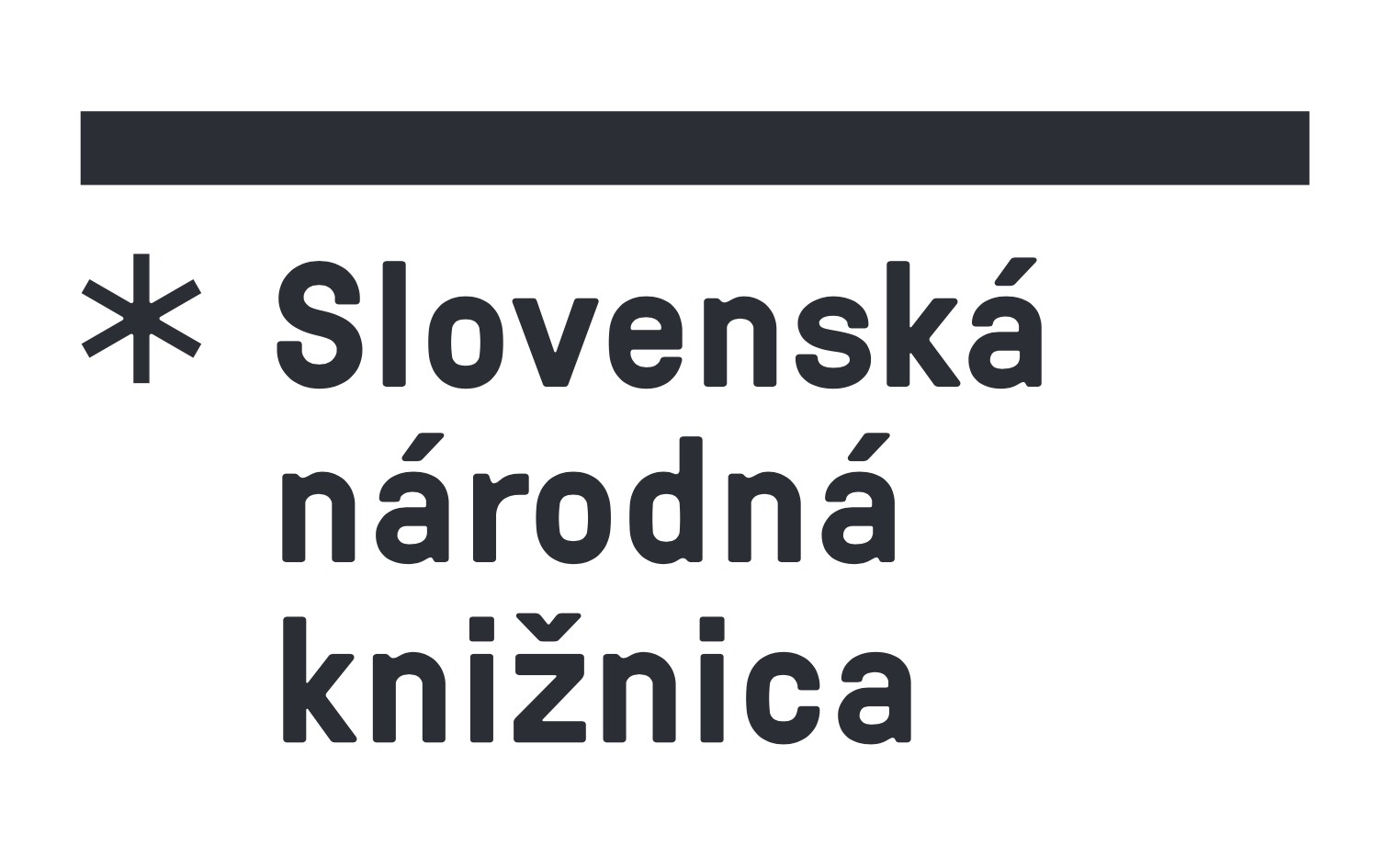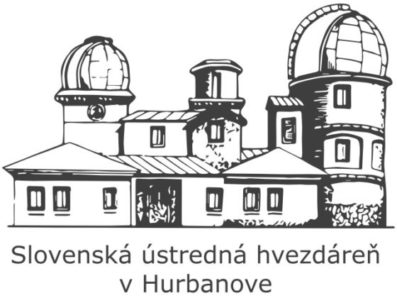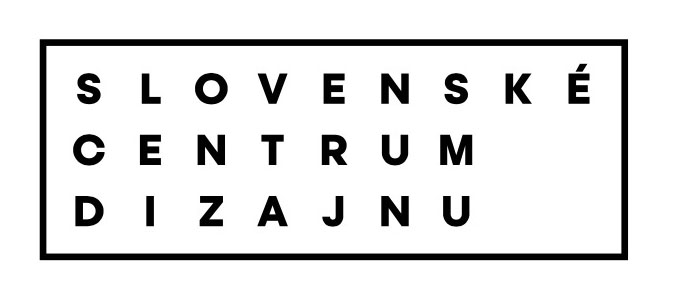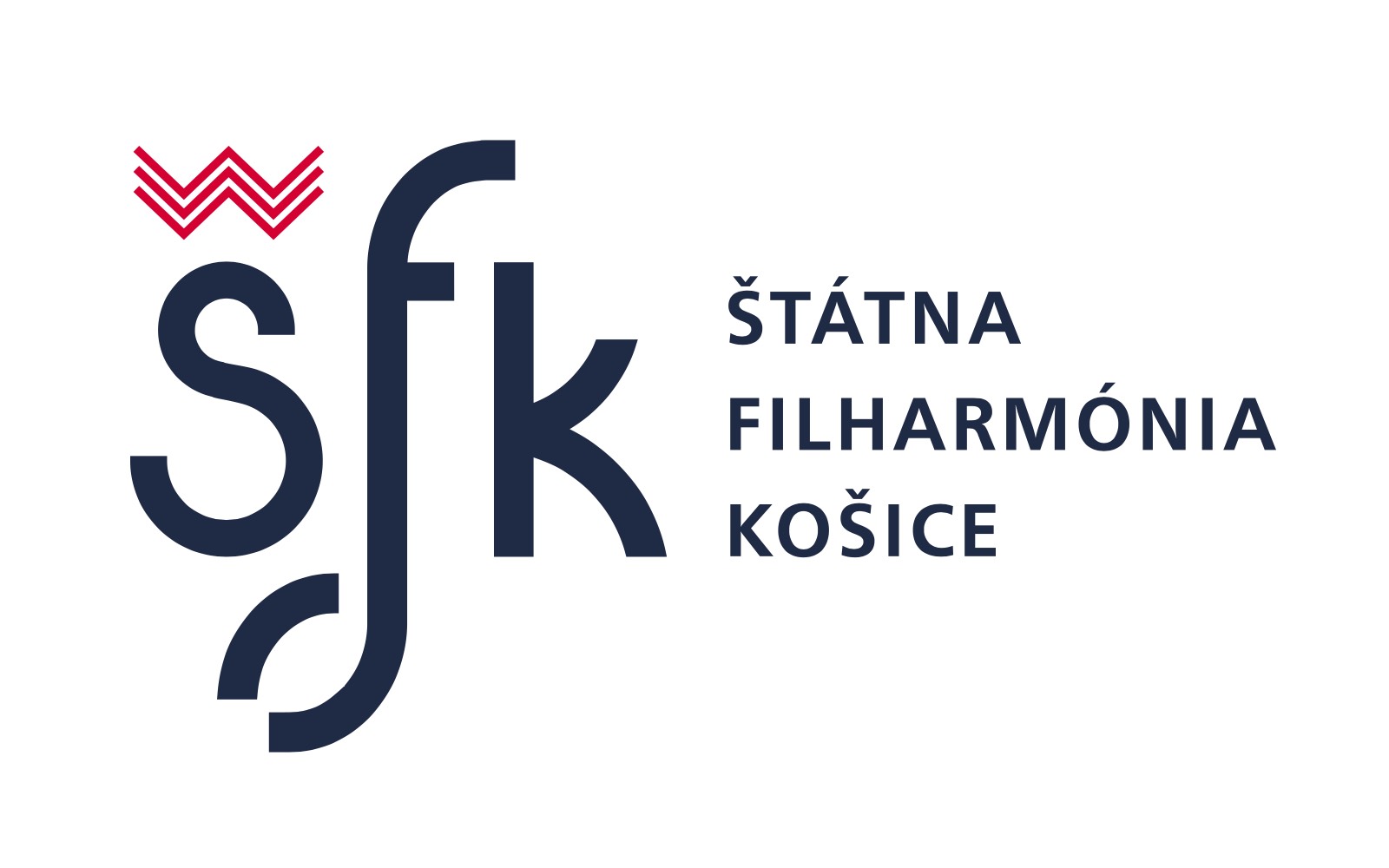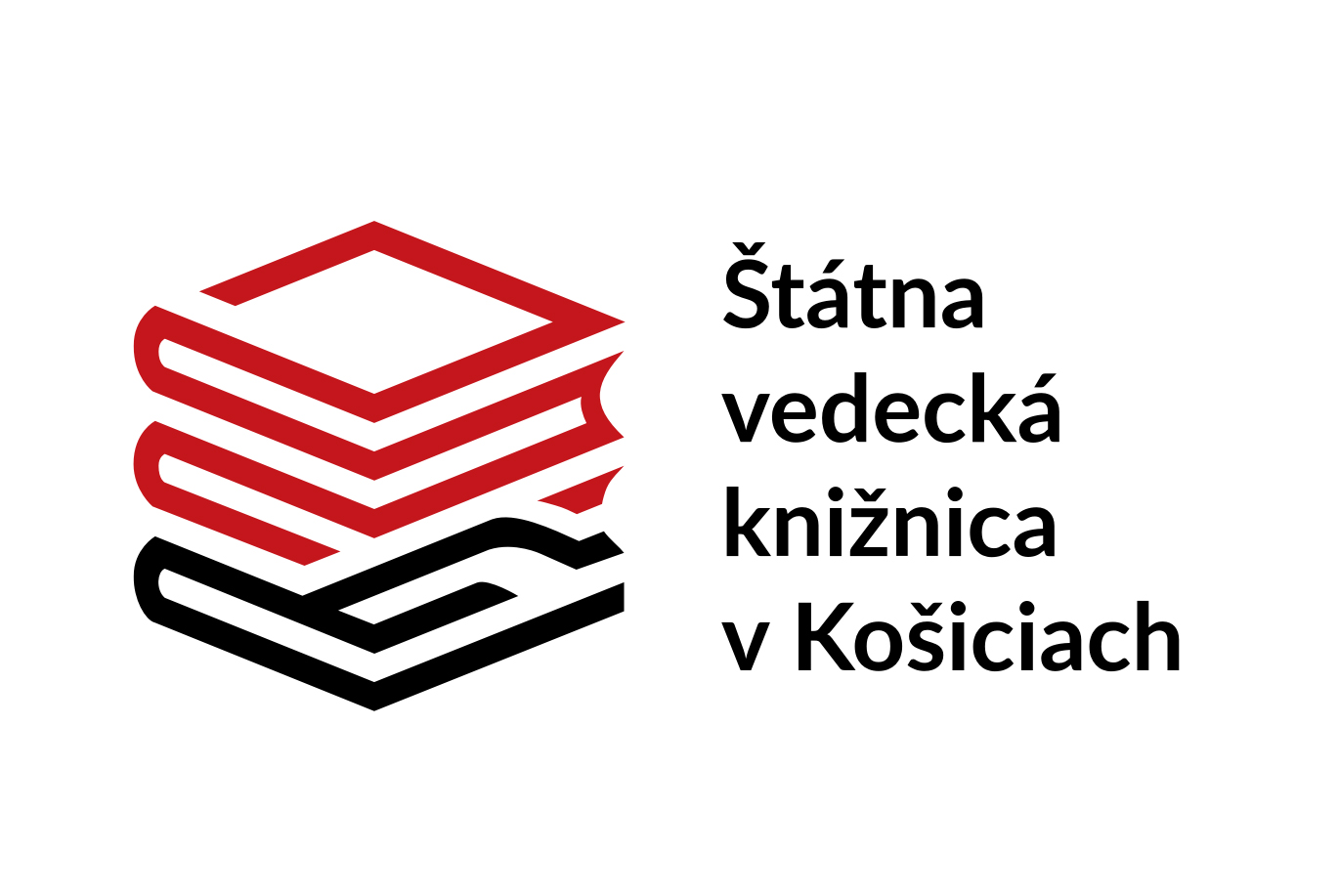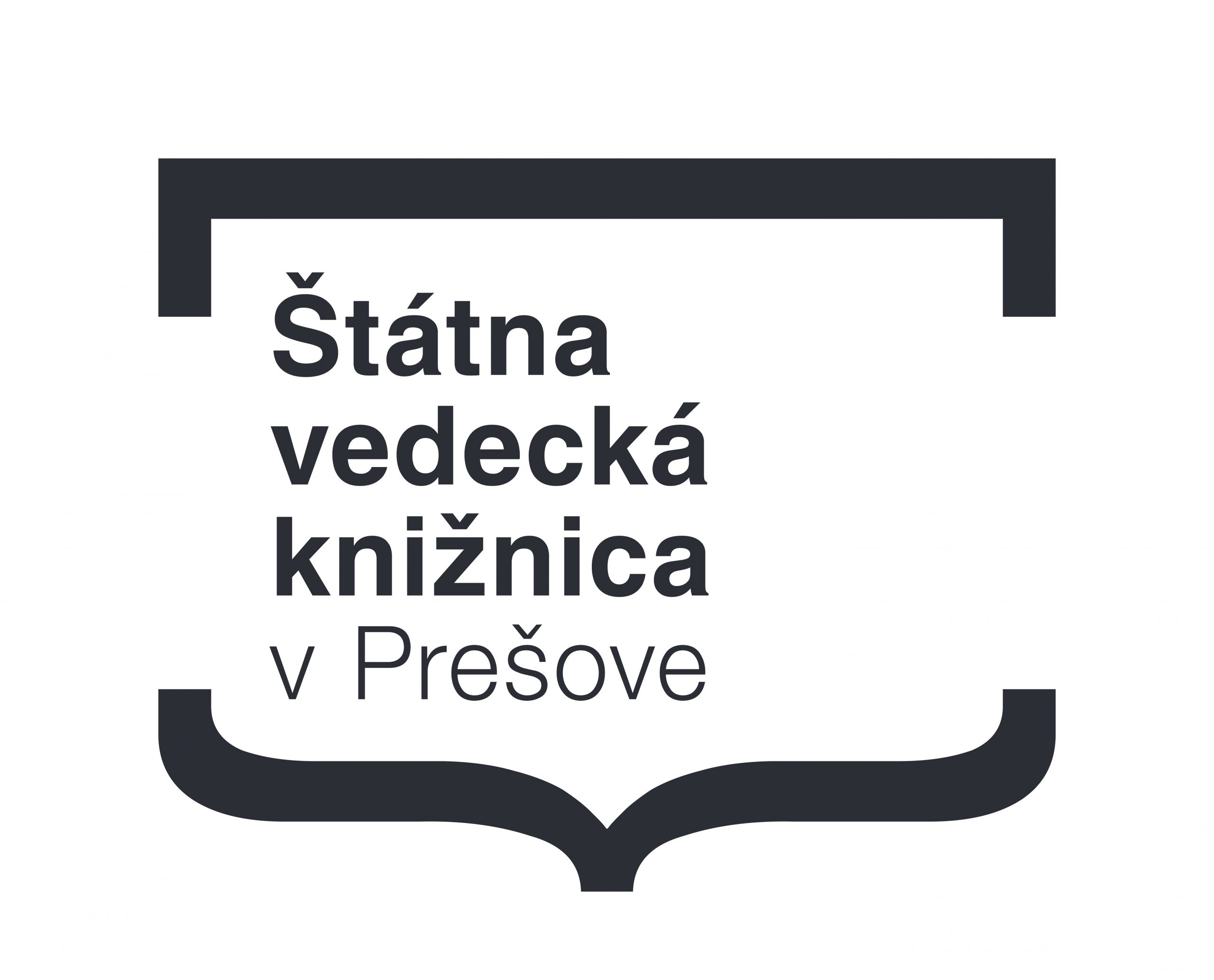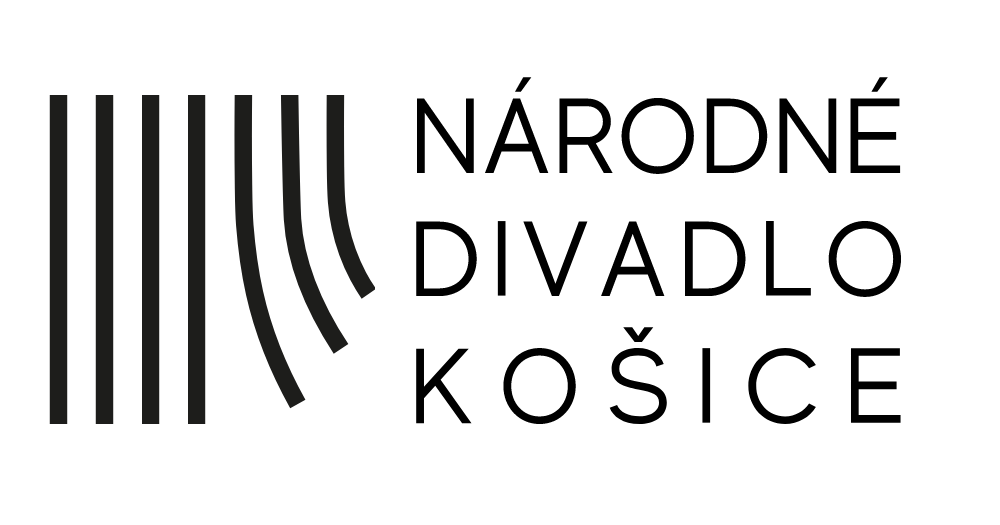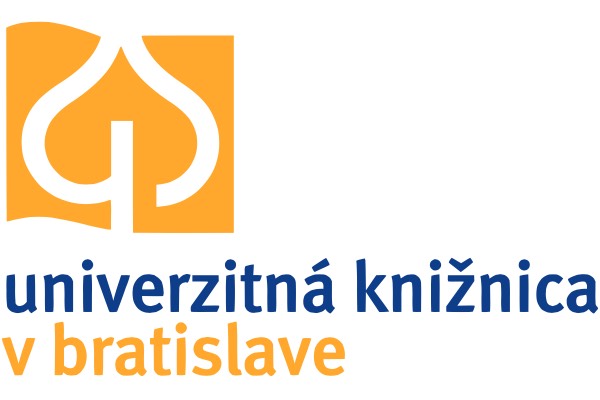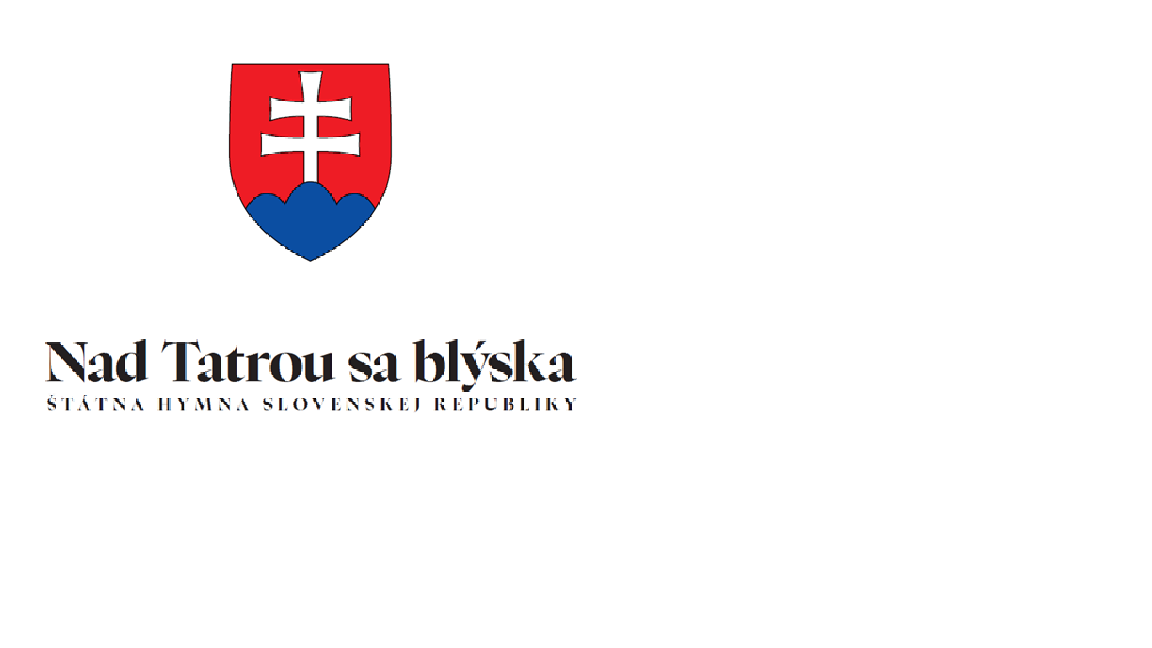The European Capital of Culture action – Slovak Republic 2026 – Call for Submission of Applications for the Union Action “European Capital of Culture” for the year 2026 in Slovakia
In 2026 Slovak Republic will host the European Capital of Culture (ECOC) title. In 2026 two cities from two Member States of the European Union will share this prestigious title: one from Slovakia and one from Finland. The European Capitals of Culture are a flagship cultural initiative of the European Union which is probably the best known and most appreciated by European citizens. At the same time it is one of the longest-running European Union activities. Under the current legal basis for the ECOC, six years before the year of the ECOC title the Ministry of Culture of the Slovak Republic, acting in the capacity of the Managing Authority in charge of the selection process for the ECOC title for the year 2026, must publish the Call for submission of applications for the Union action “European Capital of Culture” for the year 2026 in Slovakia.
Call for Submission of Applications for the Union Action “European Capital of Culture” for the year 2026 in Slovakia – basic information and documents (including the call)
Ministry of Culture of the Slovak Republic published the Call for submission of applications for the Union action “European Capital of Culture” for the year 2026 in Slovakia on 17 December 2019. The Slovak cities wishing to apply for the ECOC title in 2026 shall reply to this call by filling in the application form in annex 1 as well as the “declaration of honour” form in annex 2.
All proposals must be submitted no later than on 15 December 2020.
The cities must communicate in writing their intention to submit an application at the latest on 15 November 2020.
The proposals must be submitted in electronic and paper form in English and in Slovak at: EHMK@culture.gov.sk
The English version of the applications will be the working version for the panel of independent experts established to carry out the selection procedure.
Applicants will be informed of the receipt of their application within fifteen working days.
Every application must be based on a cultural programme with a strong European dimension. The cultural programme shall cover the year of the ECOC title and shall be created specifically for this title.
All formal criteria of the application are included in the Call (please see below).
Cities interested in the ECOC title may obtain information at the Information Day to be organised at the premises of the Ministry of Culture of the Slovak Republic on 17 January 2020.
The agenda will be available later.
Key documents (in English):
- Call for Submission of Applications for the Union Action „European Capital of Culture“ for the year 2026 in Slovakia
- Guidelines for the cities´ own evaluations of the results of each ECOC
- European Capitals of Culture 2020 – 2033 – A guide for cities preparing to bid
- Compendium of recommendations from ex-post evaluations of European Capitals of Culture 2007-2016
- Timeline for the Union action „European Capital of Culture“ for the year 2026 in Slovakia
- Rules of Procedure
Please note that all available Slovak translations of the documents are intended for better information and increased support. Please refer to the English versions of the documents since these are decisive ones. The English version of the applications will be the working version for the panel of independent experts established to carry out the selection procedure.
As regards the selection process of the ECOC under current legal framework of the EU, six years before the title year, two Member States of the European Union (in specific years up to three countries are eligible: two Member States and one non-member country) invite applications from the cities on their territory that might be interested in bidding for the ECOC competition. Over the course of the following two years, the applications are reviewed by a panel of independent experts (at the pre-selection stage and final selection stage) who recommend one city in each Member State for the ECOC title. These are then formally designated as the European Capitals of Culture four years ahead of the relevant title year, permitting an extensive and detailed planning and preparation. The panel of experts, supported by the European Commission, continues to offer advice and guidance to designated cities on the evolving preparations until the hosting year. Finally, at the end of the European Capitals of Culture year, an evaluation report is prepared and published by the European Commission. EU funding of the ECOC (currently funded from the EU Creative Europe programme) amounts to EUR 1.5 million for each chosen city, in the form of the Melina Mercouri Prize. (The Melina Mercouri Prize is awarded provided that the designated city continues to honour the commitments it made in the call and takes into account all the recommendations contained in the final selection and monitoring reports of the panel).
Hosting the ECOC title is a unique opportunity for a city, which can result in positive cultural, social and economic impact. Previous European Capitals of Culture have demonstrated that the title can be a great opportunity to regenerate their urban centres, bring fresh life to the cities along with creativity, visitors and international recognition. Many of the cities which have held the title had not only a successful year but have benefitted from a lasting legacy. The European Capital of Culture action has progressively become one of the most ambitious cultural initiatives in Europe. By 2020 60 cities will have held the title of European Capital of Culture. In 2015 the European Capitals of Culture celebrated their 30th anniversary. Athens was the first European City of Culture in 1985. (Until 2001 the project was known as the European City of Culture). Since 2001 two cities from the European Union member states have been designated as the European Capitals of Culture. Under the current legal basis for the ECOC action for the years 2020 to 2033 it will be possible to have in certain years (i. e. in 2021, 2024, 2028, 2030 and 2033) three cities to hold the ECOC title. One of these three cities will come from a European Union candidate country, a potential candidate country or members of the European Free Trade Association party to the Agreement on the European Economic Area.
The European Capital of Culture action is an initiative of the European Union governed by Decision No 445/2014/EU as amended by Decision (EU) 2017/1545 for the titles 2020 to 2033.
- https://eur-lex.europa.eu/legal-content/EN/TXT/?uri=CELEX%3A32014D0445
- https://eur-lex.europa.eu/legal-content/EN/TXT/?uri=CELEX%3A32017D1545
The European Capital of Culture action aims at highlighting the richness and diversity of cultures in Europe as well as common cultural aspects in Europe with a view to contributing to bring the peoples of Europe closer together and improve mutual understanding. In addition to this, the action increases European citizens´ sense of belonging to a common cultural area, fosters the contribution of culture to the development of cities at economic, social and urban level. Last but not least, it helps to raise international profile of the city through the culture and strengthens the capacity of its cultural sector and its links with other sectors.
A Slovak city that will hold the ECOC title for the year 2026 will be the second European Capital of Culture selected from Slovakia. The first European Capital of Culture in Slovakia was the city of Košice. Košice held the prestigious ECOC title in 2013 (the winning proposal was known as the Interface project).
In case of Finland this will be the third ECOC chosen from Finland. Helsinki held the title as one of nine cities in 2000 (the year 2000 was exceptional as the title ECOC was conferred on nine cities in total). In 2011 Turku held the ECOC title along with Tallin (from Estonia).
Contact point for the European Capital of Culture action – Finland 2026:
Iina Berden, Senior ministerial advisor
Ministry of Education and Culture, Finland
Tel.: +358 40 180 6240
E-mail: iina.berden@minedu.fi
More information on the European Capitals of Culture can be obtained on the website of the European Commission at:
Current legal basis for the ECOC for the years 2020 to 2033:
- https://eur-lex.europa.eu/legal-content/EN/TXT/?uri=CELEX%3A32014D0445
- https://eur-lex.europa.eu/legal-content/EN/TXT/?uri=CELEX%3A32017D1545
Posledná aktualizácia: 29. januára 2021 / MKSR Admin
